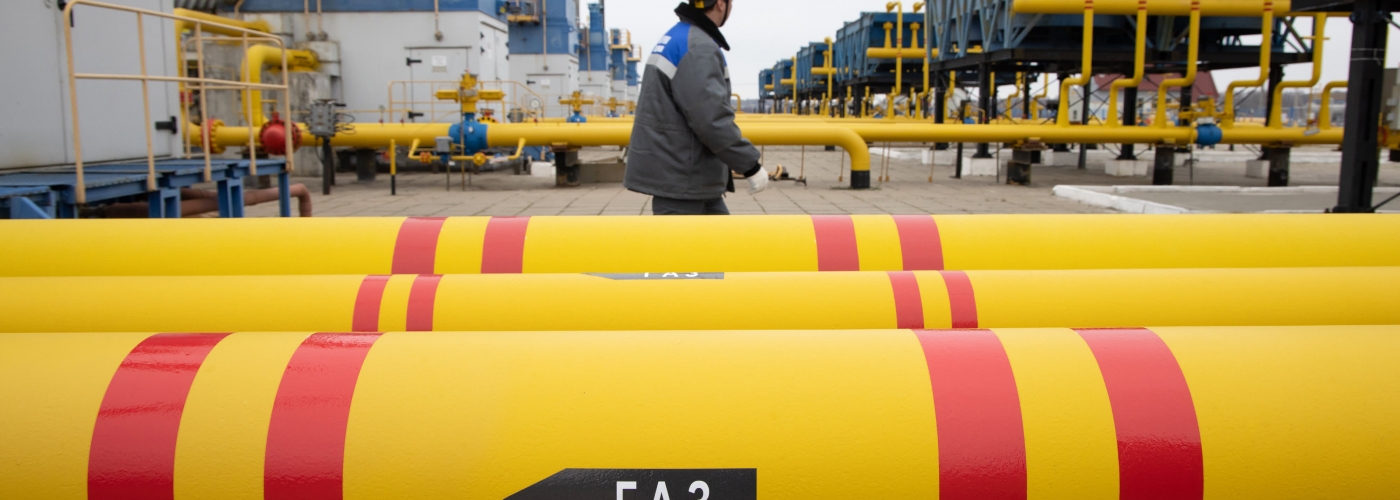Since Russia's large-scale invasion of Ukraine commenced in February 2022, the Kremlin's long-term strategy of weaponizing energy resource and infrastructure dependence against western democratic norms has reached its apex. The Russian Federation under Vladimir Putin has notoriously used energy as a political weapon aimed at extracting geopolitical concessions from democracies across the European continent through real and threatened natural gas cutoffs for year. The Kremlin intentionally created a natural gas crisis in the year running up to its reinvasion of Ukraine to undermine EU foreign policy latitude. Over the past year, it has conducted more dramatic wartime energy weaponization, including major gas cutoffs across the European Union, and maritime activities near European offshore energy infrastructure that raised Transatlantic security concerns. Most distressing of all, for the past six months, the Russian military has conducted kinetic missile, rocket, and drone strikes against Ukrainian civil energy infrastructure aimed at exacerbating the wartime humanitarian crisis for Ukrainian civilians this winter.
This set of two panels looks at Russia's current strategy of wartime energy weaponization through the lens of its long-term trend of using energy as a weapon against Europe. Both discussions explore new futures, with global powers countering Russian malign energy actions and influence.
Panel One: The End of the Russian Energy Era in Europe: What's Next for Moscow
MODERATOR:
Dr. Anna Mikulska, Department of Russian and Eastern European Studies, University of Pennsylvania
SPEAKERS:
Ambassador John Herbst, Senior Director, Atlantic Council’s Eurasia Center
Vladimir Milov, Vice President for International Advocacy, Free Russia Foundation
Dr. Tatiana Mitrova, Research Fellow, Center for Global Energy Policy, Columbia University, New York, NY
Professor Alan Riley, Non-Resident Senior Fellow, Atlantic Council, Brussels, Belgium
PANEL 2: Countering Russian Energy Weaponization from Lisbon to Kyiv: Sanctions, Export Controls, Physical Infrastructure Protection
MODERATOR:
Dr. Benjamin L. Schmitt, Kleinman Center for Energy Policy, University of Pennsylvania
SPEAKERS:
Paul Massaro, Senior Advisor for Sanctions and Counter-Corruption, U.S. Commission on Security and Cooperation in Europe
Ambassador Richard Morningstar, Founding Chairman, Atlantic Council, Global Energy Center, Washington, D.C.
Olena Pavlenko, President, DiXi Group Energy Think Tank, Kyiv, Ukraine
Nataliia Shapoval, Vice President for Policy Research, Kyiv School of Economics, Kyiv, Ukraine
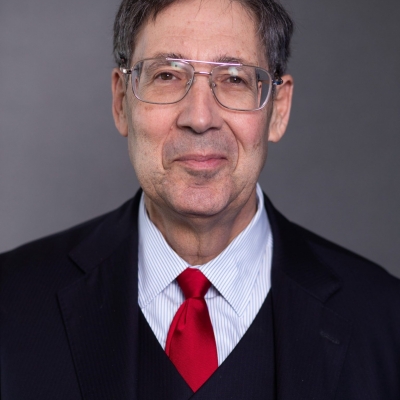
Ambassador John E. Herbst
Senior Director
Atlantic Council’s Eurasia Center
Ambassador John E. Herbst is senior director of the Atlantic Council’s Eurasia Center and served for thirty-one years as a foreign service officer in the US Department of State, retiring at the rank of career minister. He was US ambassador to Ukraine from 2003 to 2006, when he worked to enhance US-Ukrainian relations, help ensure the conduct of a fair Ukrainian presidential election, and prevent violence during the Orange Revolution. Prior to that, he was ambassador to Uzbekistan (2000-03), where he played a critical role in the establishment of an American base to help conduct Operation Enduring Freedom in Afghanistan. He also promoted improved US-Uzbek relations, in part by encouraging the government in Tashkent to improve its human rights record.
In his last four years at the State Department, he served as the coordinator for reconstruction and stabilization, leading the US government’s civilian capacity in societies in transition from conflict or civil strife, and to provide support to countries at risk of instability. He oversaw the establishment of the Civilian Response Corps of the United States, the US civilian rapid response force for reconstruction and stabilization operations overseas.
Ambassador Herbst previously served as US consul general in Jerusalem; principal deputy to the Ambassador-at-Large for the Newly Independent States; the director of the office of independent states and commonwealth affairs; director of regional affairs in the Near East Bureau; and at the embassies in Tel Aviv, Moscow, and Saudi Arabia.
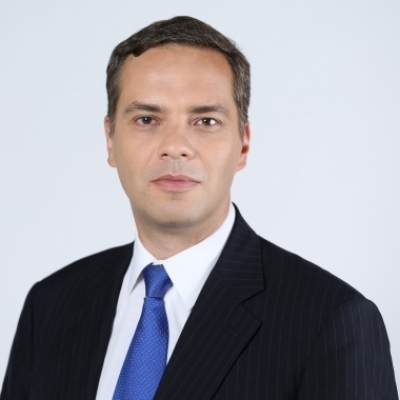
Vladimir Milov
Vice President for International Advocacy
Free Russia Foundation
Vladimir Milov is a Russian opposition politician, publicist, economist & energy expert. Former Deputy Minister of Energy of Russia (2002), adviser to the Minister of Energy (2001-2002), and head of strategy department at the Federal Energy Commission, the natural monopoly regulator (1999-2001).
Author of major energy reform concepts, including the concept of market restructuring and unbundling of Gazprom, which was banned from implementation by President Vladimir Putin. Founder and president of the Institute of Energy Policy, a leading independent Russian energy policy think tank (since 2003).
Columnist of major Russian political and business editions, including Forbes Russia, frequent commentator on Russian political and economic affairs in major Western media outlets (The New York Times, The Financial Times, The Washington Post, The Economist, etc.).
Since leaving Russian Government in 2002, Mr. Milov had became a vocal public critic of Vladimir Putin’s dirigiste and authoritarian course. Mr. Milov is also active in the Russian opposition politics, serving as Chairman of the Democratic Choice opposition party, and is also known as co-author of the critical public report on Vladimir Putin’s Presidential legacy called Putin. The Results, written together with Boris Nemtsov (several editions published since 2008).
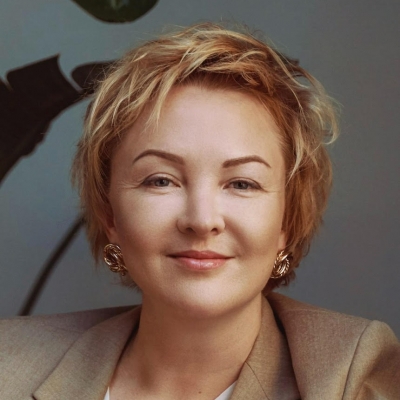
Tatiana Mitrova
Research Fellow
Center for Global Energy Policy, Columbia University
Dr. Tatiana Mitrova is a Research Fellow at the Center on Global Energy Policy. She has twenty five years of experience in dealing with Russian, FSU and global energy markets, including production, transportation, demand, energy policy, pricing and market restructuring. From February 2017 to December 2020, she was the Executive Director of the Energy Centre of the Moscow School of Management SKOLKOVO, a graduate business-school. From 2006-2011 she has also been the Head of Research in the Oil and Gas Department in the Energy Research Institute of the Russian Academy of Sciences. Dr. Mitrova is a graduate of Moscow State University’s Economics Department. She is a Visiting Professor at the Institut d’Etudes Politiques de Paris (Sciences Po). Dr. Mitrova is a member of the board of directors of the global oil service company Schlumberger since July 2018. She has more than 200 publications in scientific and business journals and co-authors10 scientific books as well as best-seller “The 8 and 1/2 Steps: How to Live, Love And Work At Full Capacity” (stories of women leaders).
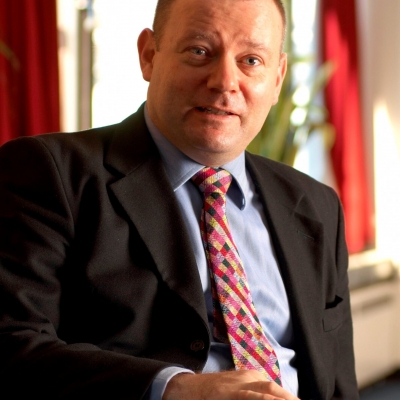
Alan Riley
Non-Resident Senior Fellow
Atlantic Council, Brussels, Belgium
Alan Riley is a nonresident senior fellow with the Atlantic Council Global Energy Center. He is also a professor at City Law School. City University advises governments, EU institutions, NGOs, and corporations on major strategic problems in relation to abuse of dominance, price-fixing, and merger cases concerning strategic problems in the global and European energy markets.
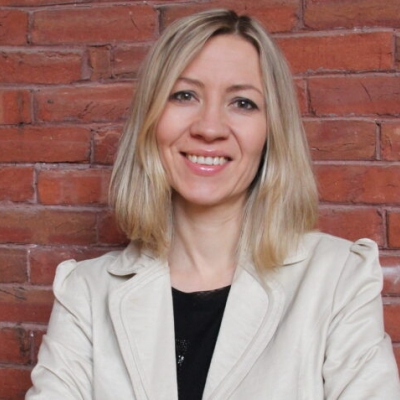
Anna Mikulska (moderator)
Lecturer
Russian and Eastern European Studies
Anna Mikulska is a graduate coordinator and lecturer at the Russian and Eastern European Studies Department at Penn and a nonresident scholar in energy studies at the Baker Institute. She joined the institute’s Center for Energy Studies following her two-year postdoctoral appointment at Rice University’s Local Elections in America Project. Anna’s research interests center around European energy markets and energy policy. She has presented papers at numerous national and international conferences and co-authored articles in the European Journal of Political Research and the Journal of Elections, Public Opinion and Parties, as well as a chapter in the “Introduction to American Government” textbook. She has served as a reviewer for numerous scholarly journals and was on the editorial board of the law review at Adam Mickiewicz University in Poland. She speaks Polish, English, German, Farsi, and Russian.
Paul Massaro
Senior Advisor for Sanctions and Counter-Corruption
U.S. Commission on Security and Cooperation in Europe
Paul Massaro is the senior policy advisor for counter-corruption and sanctions. Paul’s work has advanced the recognition of corruption as a national security threat. He has been described in the media as “one of America’s foremost corruption experts” and an “endless source of democratic ingenuity." His work has been similarly described as "breathtakingly prescient.” He has worked on over 13 pieces of counter-corruption legislation and facilitated the founding of the Congressional Caucus against Foreign Corruption and Kleptocracy and the Inter-Parliamentary Alliance against Kleptocracy. Paul also covers German-speaking Europe and East Asia.
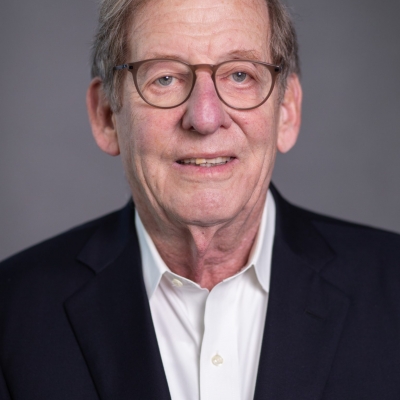
Ambassador Richard Morningstar
Founding Chairman
Atlantic Council, Global Energy Center
Richard L. Morningstar is the founding chairman of the Global Energy Center and a board director at the Atlantic Council. He served as the US ambassador to the Republic of Azerbaijan from July 2012 to August 2014.
Prior to his appointment, since April 2009, he was the Secretary of State’s special envoy for Eurasian energy. Prior to that, Morningstar lectured at the Kennedy School of Government at Harvard and Stanford Law School.
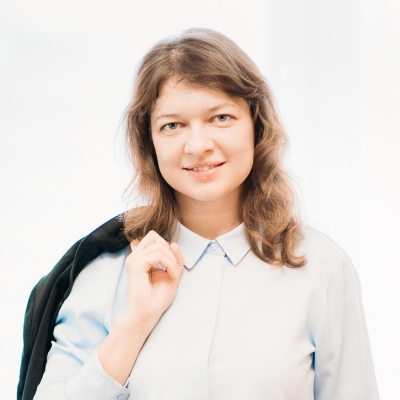
Olena Pavlenko
President
DiXi Group Energy Think Tank
Olena Pavlenko is Chair of the PWYP Global Council and President of the DiXi Group, a Kyiv-based think-tank specialising in research and consultations in the energy sphere.
Olena works in the energy sector for more than 17 years, dealing with such issues as energy security, energy transparency, oil and gas market liberalisation, EU-Ukraine-Russian energy relations, hydrocarbon development issues.
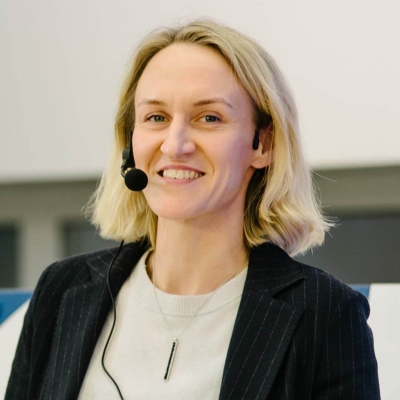
Nataliia Shapoval
Vice President for Policy Research
Kyiv School of Economics
Nataliia Shapoval is Vice President for Policy Research at Kyiv School of Economics & Head of KSE Institute. Since the war started, Natalia and the KSE Institute team have focused on providing direct research-based analytical support on sanctions, damages, food security and recovery issues to the Presidential Office, the Cabinet of Ministers of Ukraine, and the Yermak-McFaul International Working Group on Russian Sanctions. Natalia has ten years of experience in policy research and consulting projects in public procurement, the healthcare and pharmaceutical industry, and strategic development of the private sector. Natalia advised on several governmental strategies, including economic, regional development, and investment.
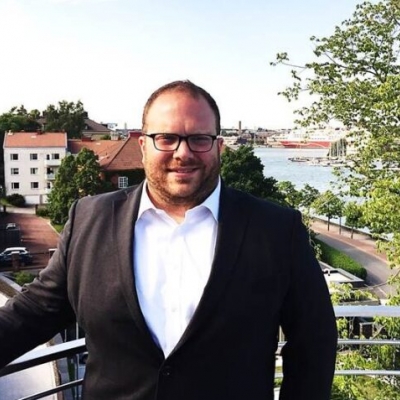
Benjamin Schmitt (moderator)
Senior Fellow
Kleinman Center and SAS
Benjamin Schmitt is a joint senior fellow at the Kleinman Center and the physics department at the School of Arts and Sciences. He previously was a postdoctoral research fellow and project development scientist at the Harvard-Smithsonian Center for Astrophysics where he focused on the development of instrumentation and infrastructure for next-generation Antarctic experimental cosmology facilities at the South Pole, including work with both the BICEP Array and CMB-S4 programs.
Schmitt is the co-founder of the Space Diplomacy Lab at the Duke University Center for International and Global Studies (DUCIGS) and a fellow of the Rethinking Diplomacy program. As a senior fellow for democratic resilience at the Center for European Policy Analysis (CEPA), he focuses on transatlantic energy and national security analysis, as well as emerging space security challenges to the transatlantic community.
He has served as European energy security advisor at the U.S. Department of State where he advanced diplomatic engagement vital to the energy and national security, with a focus on supporting the resilience of NATO’s eastern flank as it faced Russian malign energy activities.

